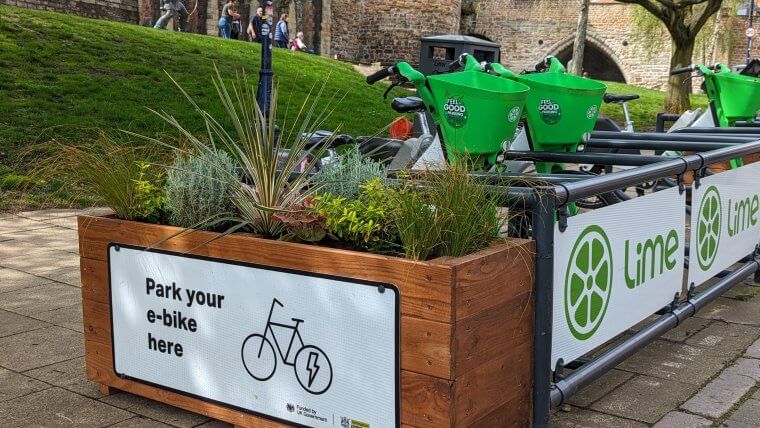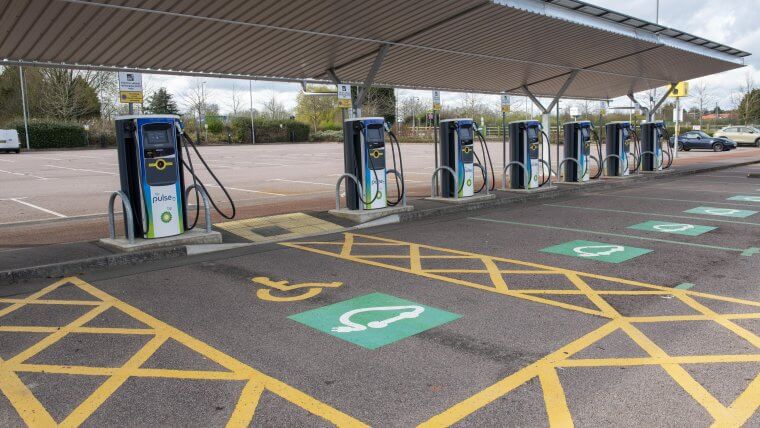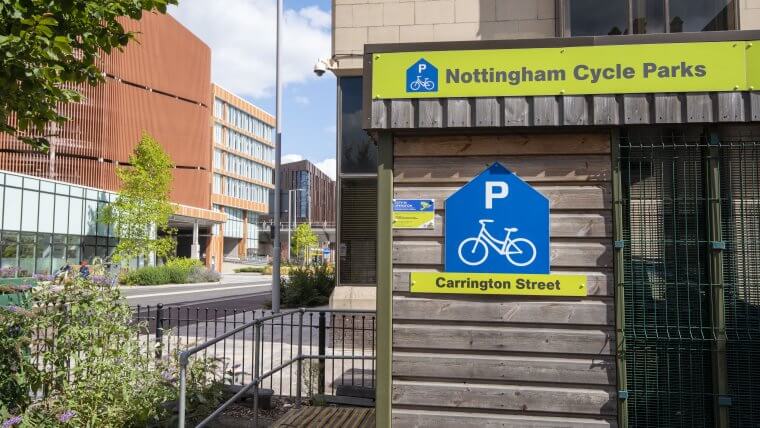4 May

At the end of this year, we’ll be amongst the first in the world to receive purpose built fully electric refuse collection vehicles.
We’ve been selected to be one of the first organisations for these new electric refuse collection vehicles (eRCVs) due to our leadership in electric vehicle technology. We were the first to run electric street sweepers, cage tippers, and school minibuses in the UK so we have already demonstrated the successful integration of new types of electric vehicles into our fleet.
Other cities in the UK have electric RCVs on order but are still waiting for delivery. A large private Waste Services provider has been operating a small number of electric vehicles and has been impressed with the performance , but these are conversions by a third party provider put on a standard chassis. Our eRCVs will be built entirely in house by the original vehicle manufacturer so they will have been through extensive testing, research processes and performance checks prior to the build process commencing, therefore providing us with more assurance of the quality of the vehicles.

Nottingham City Council expect to keep the eRCVs for 10 years, compared to the current diesel RCV retention of 7 years. The EV drivetrain has fewer moving parts so there’s less to go wrong, meaning there is less wear and tear on the vehicle; this leads to a longer life span for the vehicles, further increasing the savings with these vehicles not needing to be replaced as often. On top of this, the residual value of an eRCV is expected to be much higher than its diesel counterpart.
A current Euro 6 diesel engine bin lorry generates 27 tonnes of CO2 each year. That’s 270 tonnes of CO2 over the lifespan of an electric bin lorry that we’ll be saving by switching. For two eRCVs that’s the equivalent of planting 2000 trees. These CO2 savings help us along our way to meet our 2028 carbon neutral goal.
The fuel savings for each vehicle will be about £10,000 per year, on top of the cheaper maintenance costs saving an additional £6,000 per year. The two eRCVs should generate over £300,000 of savings over their lifetime which can be better spent on essential frontline services.
With none of the inherent noise, smell or pollution of a diesel engine, studies have shown that driving an EV lowers stress levels and lessens driver fatigue, due to the lower noise and vibration levels within the vehicle, this will improve our drivers’ and loaders’ working conditions, on top of making it better in the residential environment when they pass by houses early in the morning.





